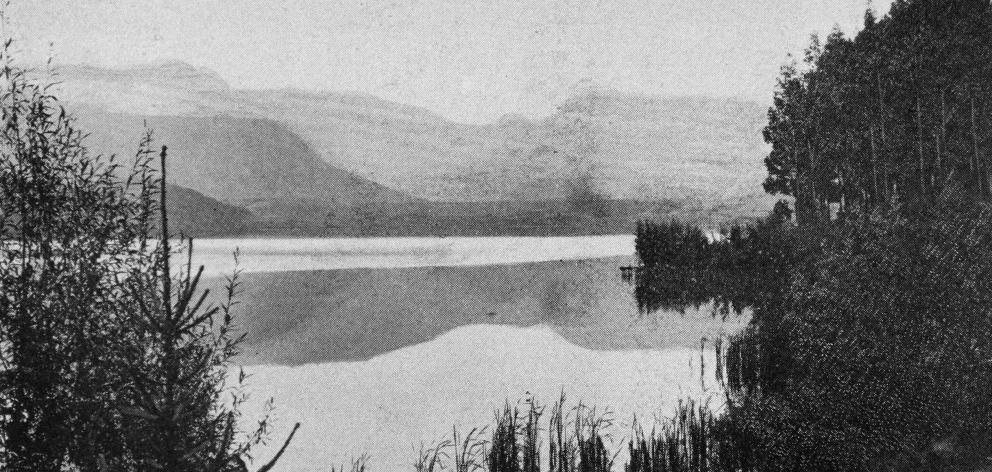
The Minister of Finance detailed the “measure of relief” in respect of the cost of living which the Government proposes to give to members of the public service. In addition to the bonus already granted of £15 to married and £7.10s to single employees in receipt of salaries up to £500 per annum, Parliament is to be asked to make further substantial provision for bringing wages and salaries of public servants, including school teachers, into line with the increased cost of living, in order to meet this additional charge, estimated, as Mr Massey has already stated, at something like £2 million per annum. Railway fares and freights are to be increased, in addition to the higher rates for postage, telegrams and telephones announced to come into effect at the beginning of next month.
Tuapeka Mouth railway deputation
Mr A.S. Malcolm yesterday headed a deputation to the Minister of Public Works, Mr Coates, regarding the Tuapeka Mouth railway. Mr Malcolm said he had already worried the minister so much about it that he would not say anything more but would leave the members of the deputation to speak for themselves. Mr R. Skinner (Tuapeka Mouth) said the line would serve one of the best grain-growing districts in Otago, comprising 200,000 acres. The settlers were at present dependent upon river transport, which was unsatisfactory in several ways, as Tuapeka Mouth was 15 miles from the nearest railway station, and the transport was a perpetual difficulty. Mr Kean (Clydevale) elaborated what Mr Skinner had said about the grain growing potentialities of the district, and stated that one of the things most wanted was lime for the land, and as that could not be carried loose on the river steamer, the settlers were handicapped in that respect. Mr Coates thanked them and in reply to their request said that Mr Malcolm had been many times to see him about the railway. From the file before him he noticed that Sir William Fraser had stated that, as soon as surveyors could be spared, a survey of the proposed routes would be made. He could not make any promise about when the railway would be started. They said it was the first line in New Zealand, but everybody from the North Cape to the Bluff said that their line was the first line in New Zealand.
Newsboys’ club formed
A happier gathering would be hard to find then the newsboys who were present at the initial meeting of the club to be conducted by the Young Men's Christian Association Boys’ Division every Tuesday night. Fifty-five of the boys who deliver our daily papers or sell them on the streets sat round a banquet table and indulged in the boys’ most popular pastime. Mr E.A. Nicol, boys work director, explained the object of the Newsboys’ Club and described the system of work to be carried on each week. The boys are to be divided into groups of about 20, and each group will compete against the others in competitions which will help in the all round development of boy life. The boys will have the opportunity of entering into competition with others in the association in all things that are interesting and helpful to boy life. — ODT, 28.7.1920.












